The law that turned El Salvador into the first country in the world to prohibit metal mining is threatened by supposed attempts to reinstate this practice. Those who want to reverse the rule disdain the social battles that cost the lives of those who got this activity banned.
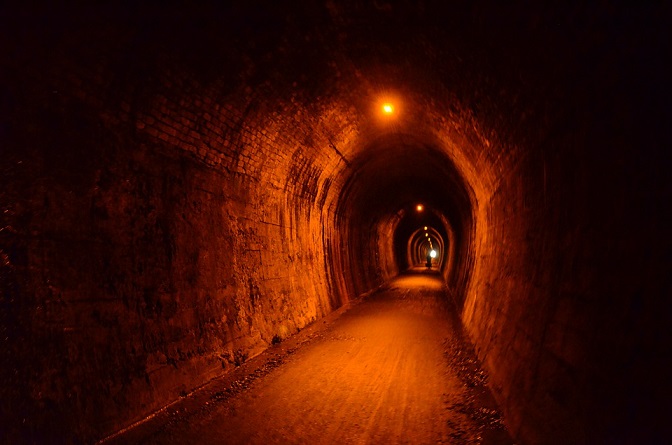 Luis Beatón
Luis Beatón
In a nation with a dense population concentration given its small size, the concern is greater as its water is at risk, which is why many protests today have the slogan, “Gold is not taken, water is”; a warning to put an end to the attempts to convict thousands of people.
Concerns are rising because of the alleged plans to revive metal mining, something prohibited by law on 29 March 2017, and which turned El Salvador into the first country to forbid extraction for environmental reasons. Pedro Cabezas, director of the Central American Alliance Against Mining (Acafremin), said that among the numerous problems the country is facing, including deforestation, water stress and desertification, there are signs that some sectors connected to the Salvadoran government are making efforts to reverse the law.
“The statements from these people are serious, when they say that aquatic life in some rivers no longer exists. In this way we can feel the country’s ecological vulnerability and the depletion of the environment, and to have mining as a key industry on top of that would be disastrous”, Cabezas said to several local media establishments.
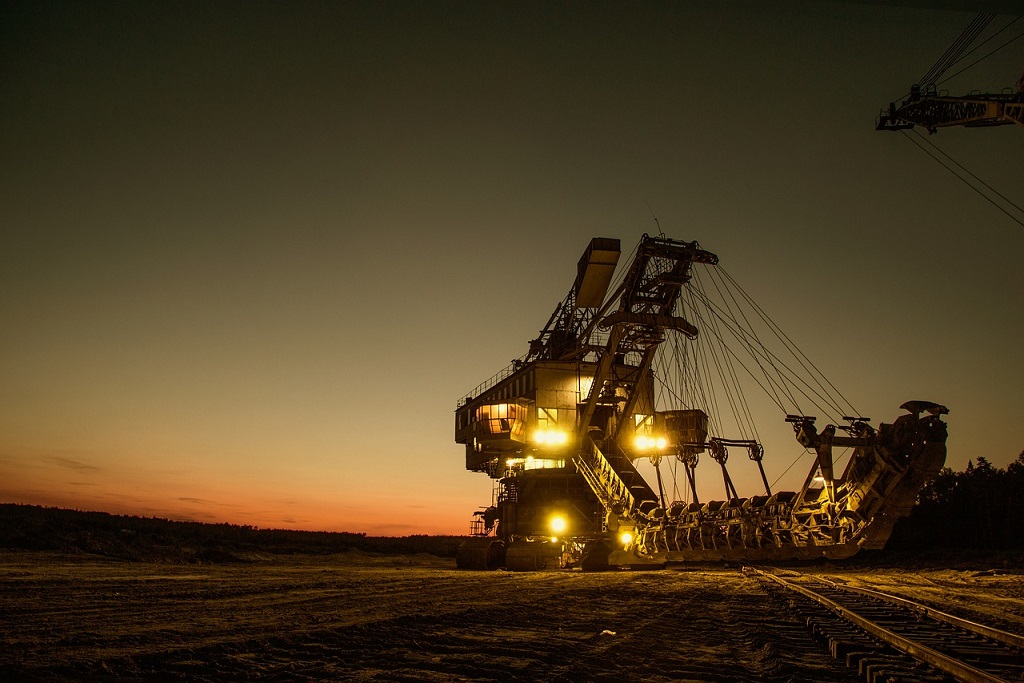 Quoting cases such as that which occurred in the San Sebastian mine, in the town of Santa Rosa de Lima, in the province of La Union, which is still generating acidic drainage and ending aquatic life. There exists a further “15 passive miners identified by the Environment Ministry (Marn) who must technically close and have not yet done so”.
Quoting cases such as that which occurred in the San Sebastian mine, in the town of Santa Rosa de Lima, in the province of La Union, which is still generating acidic drainage and ending aquatic life. There exists a further “15 passive miners identified by the Environment Ministry (Marn) who must technically close and have not yet done so”.
Another threat is the Cerro Blanco (Guatemala) mine, which, despite not functioning, is producing water runoffs with high levels of arsenic, impacting the Ostua River basin.
This is part of the Guija Lake basin (Metapan) that feeds the river Lempa, which provides water to two-thirds of the population of El Salvador before discharging its flow into the Pacific Ocean.
The situation, according to opposition, is complicated by the Intergovernmental Forum on Mining, Minerals, Metals and Sustainable Development, as they have identified it as a ‘front’ organisation for mining companies; the same companies which want to reverse the ban on murderous mining.
In Cabezas’ opinion, reopening the debate on mining would be a disaster, not just for the environment, but also for society, as many communities and populations would be opposed to this and ready to fight so it did not happen.
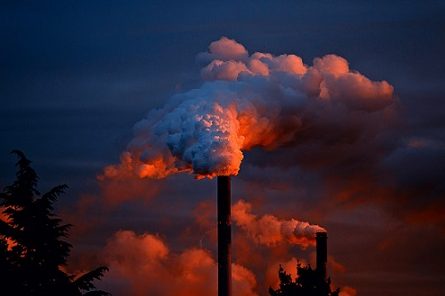 In recent years, there have been evident plans from those who intend to return to exploiting mining and opening up the country’s lands to companies from Canada and the United States, among others, interested in extracting the resources from the subsoil despite the cost to the lives of many Salvadorans.
In recent years, there have been evident plans from those who intend to return to exploiting mining and opening up the country’s lands to companies from Canada and the United States, among others, interested in extracting the resources from the subsoil despite the cost to the lives of many Salvadorans.
The criminalisation of protesting
With regards to the criminalisation of the people defending and the application of the regime of exception, there is no better example than the detention of activists and community leaders at the beginning of this year through absurd arguments of “crimes” during the war in the 80s. The cases of community leaders Miguel Ángel Gámez, Alejandro Laínez García and Pedro Antonio Rivas, the directors of the Santa Marta Association for Economic and Social Development, Teodoro Antonio Pacheco (director) and Saúl Agustín Rivas, show the attempts to silence the voices of protest.
Those arrested were accused of a difficult-to-prove crime which is now being used to get them out of protests.
Luis Parada, is a Salvadoran lawyer who won the case for the Canadian Pacific Rim mining and prevented it contaminating the Lempa river.
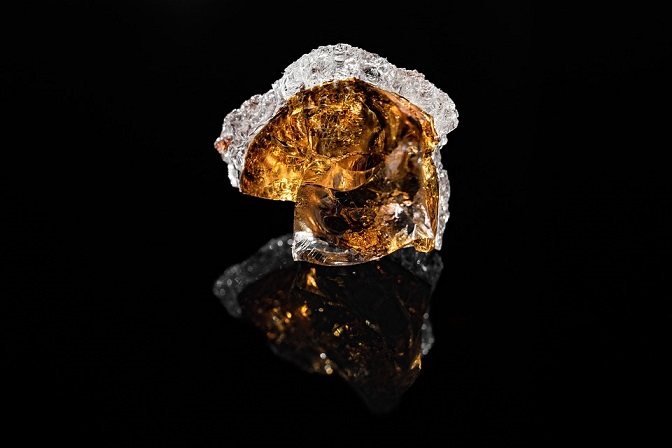 He has said that “it is more than obvious that the arrest and prolonged detention of the environmental leaders of Santa Marta (former fighters of FMLN) is not in the name of justice. It is part of President Nayib Bukele’s macabre plan to reopen El Salvador to the devastating mining of metals”.
He has said that “it is more than obvious that the arrest and prolonged detention of the environmental leaders of Santa Marta (former fighters of FMLN) is not in the name of justice. It is part of President Nayib Bukele’s macabre plan to reopen El Salvador to the devastating mining of metals”.
Nevertheless, Rodolfo Delgado, El Salvador’s attorney general, said that the detentions are related to an alleged murder committed more than 30 years ago during the brutal civil war. However, these accusations, according to the Mexican La Jornada newspaper, have political ends. In this regard, 250 social and civil organisations from 29 countries have highlighted that nobody is concerned in the Salvadoran government with prosecuting the soldiers responsible for dozens of human rights violations committed during the civil war, even in Santa Marta itself, and those that are occurring now with thousands of presumably innocent people accused of being gang members.
These groups highlight “the doubts about whether the attorney general’s true motivation is an attempt to silence those defending the water, especially bearing in mind the government’s current crusade to criminalise, persecute and demobilise their political opponents”.
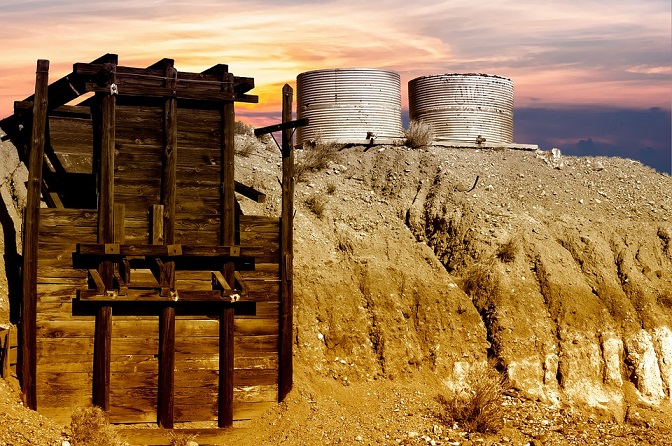 According to the environmentalists, the government of El Salvador is collaborating with transnational mining companies, with a view to cancelling the law prohibiting mining.
According to the environmentalists, the government of El Salvador is collaborating with transnational mining companies, with a view to cancelling the law prohibiting mining.
The future of the water
Reports made by governments in previous years indicate that the waters flowing through the region of Cabañas, which supposedly want to be opened up to mineral exploitation, are essential to the country.
They are important in terms of supplying water, both for human use as well as for farming and energy generation. Reports by the Environmental Ministry attest that the quality of water in this area is better than in the rest of the country and, if it is not protected, it will end up joining the high percentage of national rivers whose flows cannot be treated to become water that can be used.
It is well known that the processes of extracting gold, one of the aspirations of mining, require the mine’s remains to be treated with large quantities of water and this process often leads to a poisonous mixture being released into the supply, which ends up with very high levels of elements such as arsenic, mercury, lead, cadmium and iron being detected. (PL)
(Translated by Donna Davison – Email: donna_davison@hotmail.com)– Photos: Pixabay












.jpg)












